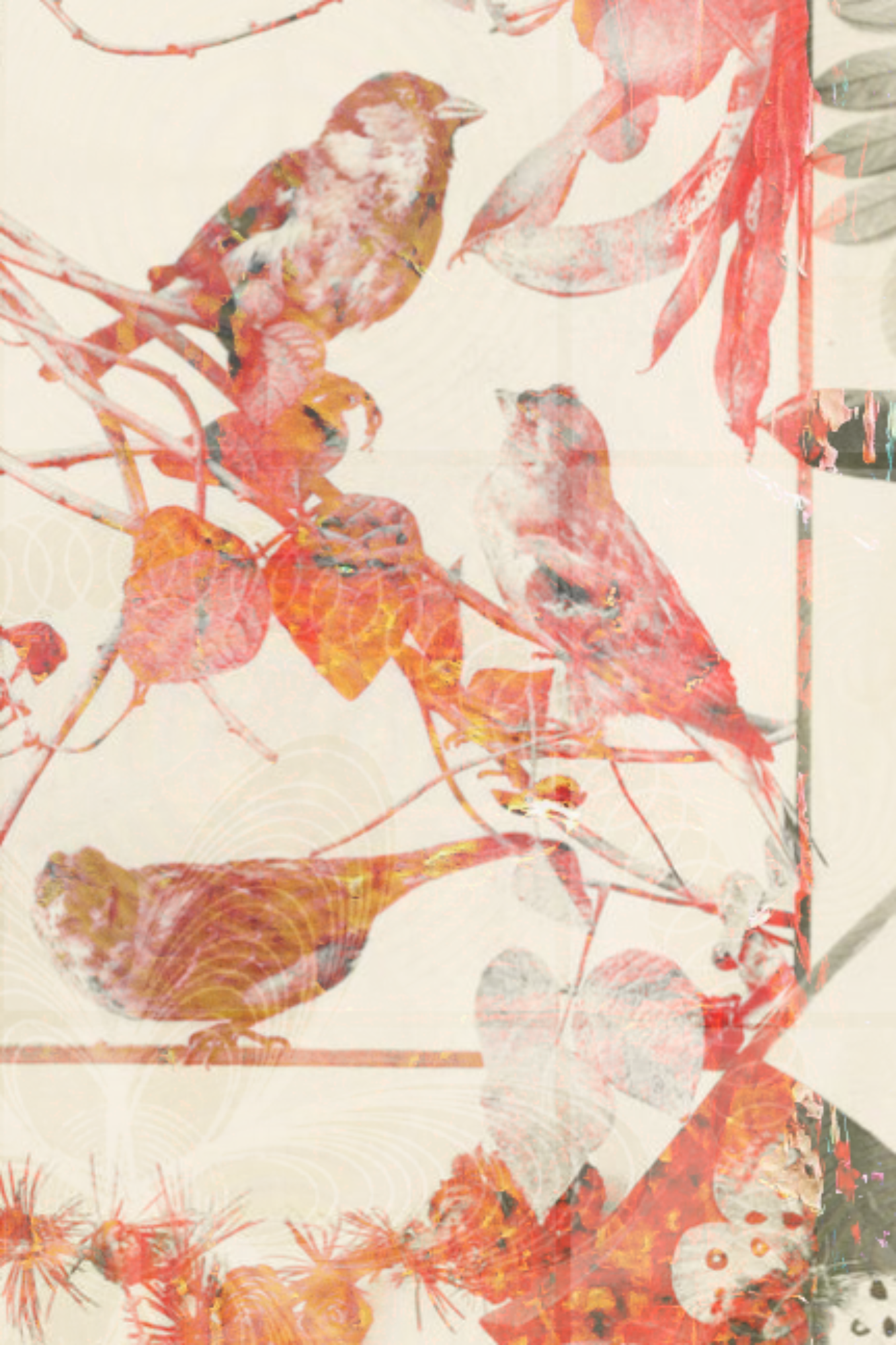What’s your creative process like?
I like to think of the first draft as a sketch, laying out the basic composition and structure, and the editing as adding the subsequent layers of detail and colour. Most of the writing happens in my mind before I begin drafting. I am a visual person who struggles to put pen to paper unless I can visualise every scene as if it’s a movie playing in my head. I need to be aware of every detail, knowing what my characters will say and how they will react. When writing non-fiction, as is the case for “Server: A Day On The Restaurant Floor,” I look up pictures of the place to help me recreate it and remember where characters were standing at different moments in the story, how they felt, and how they reacted. Once I have that clarity, I like to sit down when my mind is sharp—mornings are my favourite—and get the whole scene or chapter down in one sitting.
Do you have a space dedicated to creative work? What does it look like?
There’s a corner in the living room that first became my reading nook. On weekend mornings with a cup of coffee beside me, or late at night after work, I felt drawn to that spot because it was both well-lit and cosy. Eventually, I started writing there as well, and it transformed into my creative corner.
Tell us about your path to writing or creating artwork.
Writing has always been a constant source of joy for me. It served as a way to process my thoughts, emotions, and observations of the world, whether through creative writing, poetry, or blogging for my university’s website. I am captivated by the power of literature to transport readers into new worlds they never knew existed, and I feel like I lived many lives through storytelling. I got to experience the worlds of detectives, criminals, aristocrats, adventurers, and neurosurgeons through literature. This made me wonder whether I could share my own world, that of a restaurant worker, with others, and that’s when I started working on the memoir that “Server” derived from, which I hope to publish one day.
Give us some background on the piece(s) you contributed to this issue.
When I moved from Romania to England for my undergraduate degree, I found work in a Turkish restaurant. The owner and kitchen staff were Turkish, while all the waitstaff were Romanian. It quickly became apparent that this setup was a deliberate business strategy since you can get away with paying immigrants lower wages, and foreigners are more likely to put up with paperless transactions and sketchy working conditions, simply because they have little to no alternatives. It showed me a world I hadn’t seen before, and which I know many people haven’t either, and it’s a world I’ve left since, but I believe it deserves some attention. What shocked me the most was that it’s often more established immigrants who take advantage of their own, and they get away with it. My colleagues who didn’t know English were so vulnerable, and I was moved by the fact that they were the same age as my grandparents, but they were doing these crazy 14-hour shifts every day, and I just knew I had to tell their story.
If your work had a soundtrack, what songs would be on it? Why?
I love the idea of books having a soundtrack! When I read, I enjoy playing music that fits the time and setting of the story. It makes me happy when certain songs are referenced in a story; I feel like it enhances the reading experience. If “Server” had a soundtrack it would certainly feature Deniz Seki’s “Böyle Gelmiş Böyle Gider.” This song was on repeat at the Turkish restaurant where I worked. Even though I have no idea what the lyrics mean, I grew to like it and often listen to it while writing to bring back those moments, making the feelings and memories more vivid. Anything by Tarkan and traditional Turkish tambour music would also play during my shifts and would be an essential part of the soundtrack as well.
Irina is a Romanian immigrant who moved to England at the age of 19 in pursuit of higher education and the promise of a better life. Her writing draws inspiration from her experiences working in restaurants where she encountered an abusive boss and other exploited migrants. Ten years later, she calls London her home and through her writing she wants to showcase the realities of working in the hospitality industry, especially as a woman and immigrant.
Read “Server: A Day on the Restaurant Floor” in our first issue.

